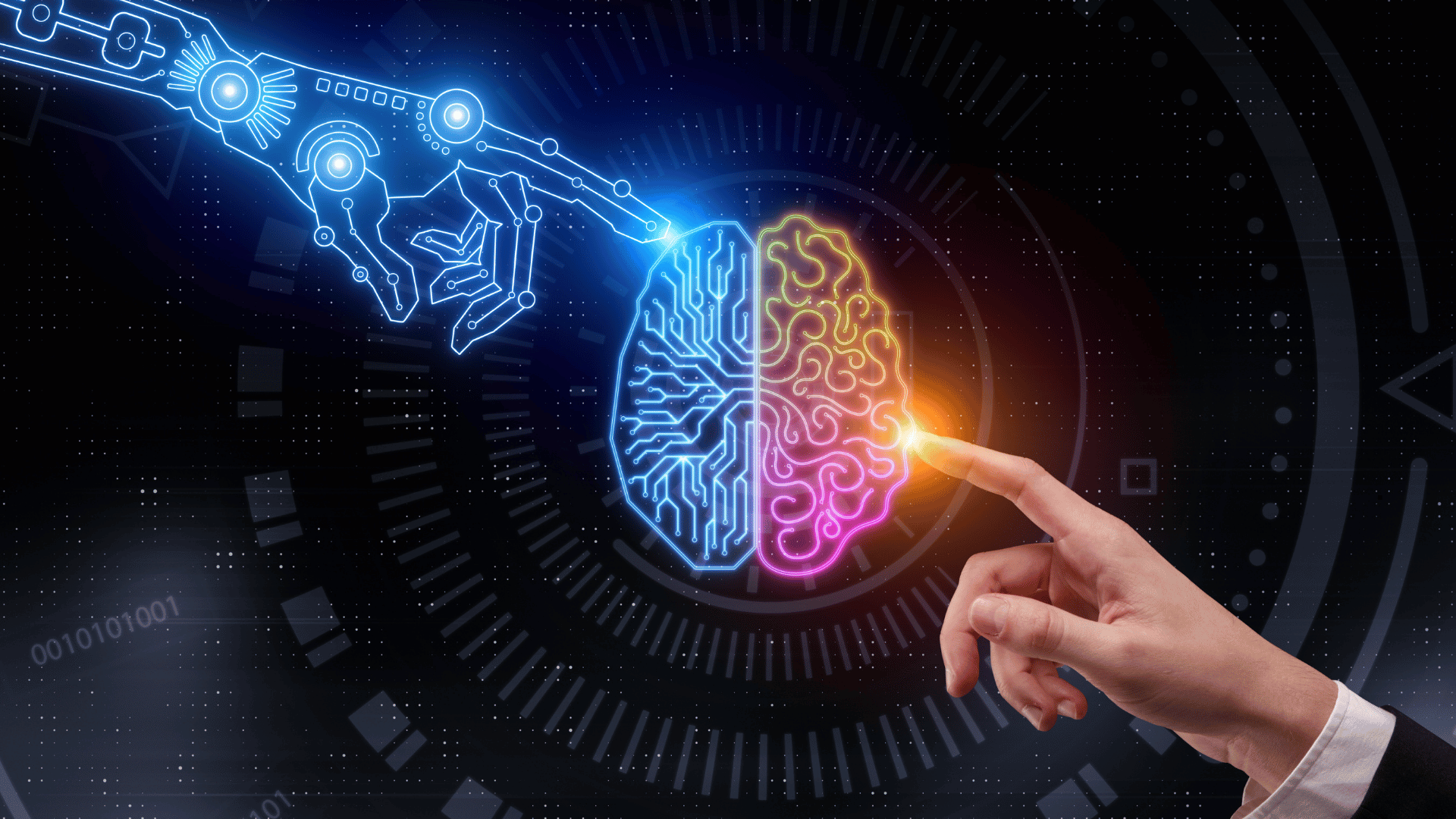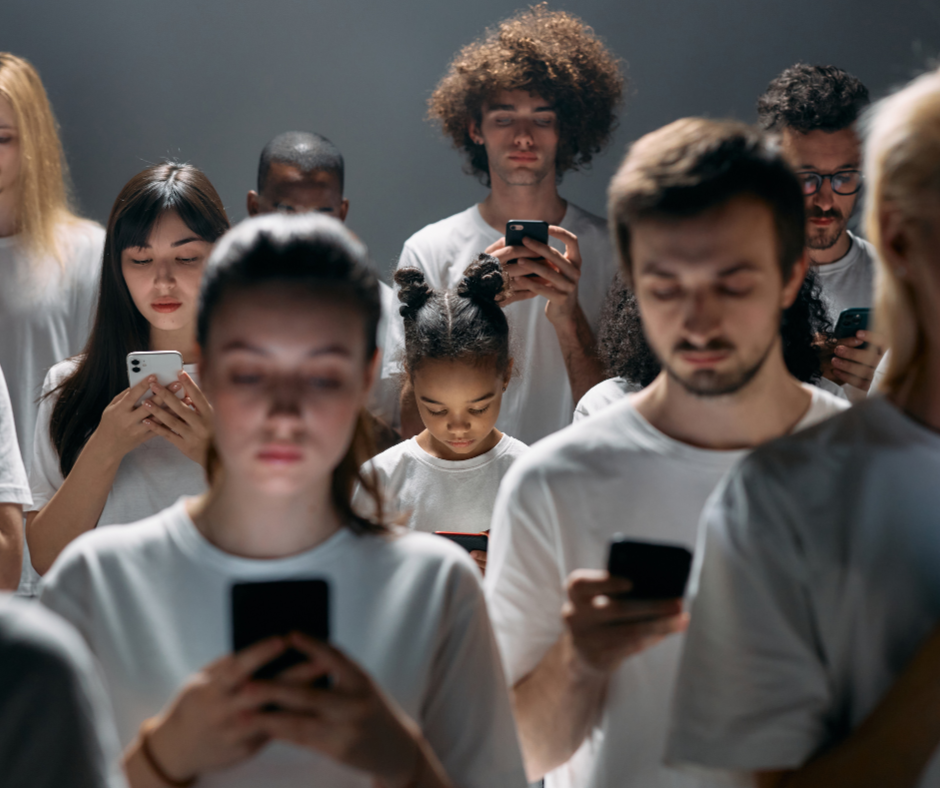
The Rise of the AI Companion: Friend, Assistant, or Something More?
Artificial Intelligence has made its way into nearly every part of our lives — from recommending music to driving our cars. Now, it's entering our social and emotional worlds through AI companions: conversational agents that simulate friendship, provide emotional support, and help manage our daily interactions.
But what are AI companions really for? And how do we make sure they help us lead more connected lives — rather than isolating us further?
What Is an AI Companion?
An AI companion is an artificial intelligence system designed to interact with users in a human-like, emotionally responsive way. These companions can take the form of chatbots, avatars, or voice assistants. Some offer structured guidance for managing mental health, while others are created to provide casual, friendly conversation.
Their appeal is clear: they're always available, they don't judge, and they can remember personal details, preferences, and patterns in behavior.
Are AI Companions Good for Society?
-
Mental Health Benefits
A 2022 study in Nature Machine Intelligence found that users of AI emotional support tools reported reduced anxiety and increased resilience over time.¹ Other studies show that AI chat agents can reduce loneliness, especially for older adults or people with social anxiety.²
-
Ethical Concerns
Critics warn that we may become too emotionally dependent on AI, potentially substituting artificial interactions for real human connection.³ Others worry about data privacy and the commercialization of human emotions.
How AI Companions Can Help Us Lead More Fulfilling Lives
At their best, AI companions don't replace human relationships — they help us manage them. Our lives are filled with complex social obligations, from remembering birthdays to checking in on a friend who's going through a hard time. AI can help organize, prompt, and coach us through those moments.
This is where pplkpr and its AI companion f8 (pronounced "fate") come in. Instead of trying to be your best friend, f8 is designed to help you be a better friend.
What Makes f8 Different?
-
Reconnection Assistant
f8 helps you reconnect with people you've lost touch with, remembering meaningful moments — birthdays, anniversaries, tough times — and gently nudging you to reach out.
-
Conversation Coach
It offers conversation starters when you don't know what to say and gets smarter over time, learning how you engage with different people so it can suggest ways to deepen those bonds.
The Risks of Over-Reliance
Of course, not all AI companions are designed this way. Many encourage constant interaction and emotional dependence. A 2023 paper from the University of Cambridge found that excessive use of AI chat companions can correlate with increased social withdrawal.⁴ If people turn to AI for all emotional needs, they may stop developing real-world relationships and social skills.
That's why pplkpr takes a different approach. The goal isn't to keep you talking to a machine — it's to help you reconnect with the people who matter most.
A Healthier Future with AI Companions
Used thoughtfully, AI companions can improve emotional well-being, reduce loneliness, and help us nurture the relationships that matter. But the key is in the design: tools like pplkpr show that AI can be used to strengthen human bonds, not supplant them.
In a world where technology often pulls us further apart, AI companions have the potential to bring us back together — if we build them with care.
References
- Inkster, B., et al. (2022). Digital Mental Health and AI Companions. Nature Machine Intelligence.
- Khosravi, P., et al. (2021). Can AI reduce loneliness in older adults? International Journal of Social Robotics.
- Sparrow, R., (2020). The Seductive Nature of Human–AI Relationships. AI & Society.
- Luxton, D. D., et al. (2023). AI Companions and the Risk of Social Withdrawal. Cambridge Digital Ethics Lab.


